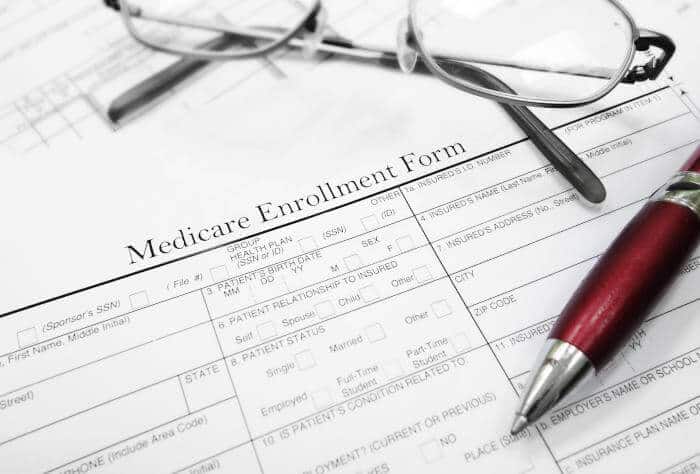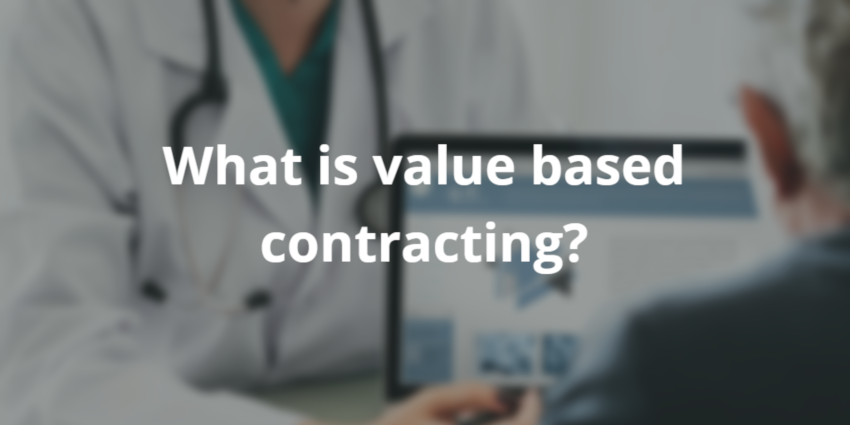Skills You Need To Succeed In A Healthcare Career
When planning your career growth in healthcare, you’ve likely considered the best education options. The skill set you learn to work as a physician, nurse, or any type of support staff in healthcare is understandably a high priority.
We often spend so much time considering the type of training and level of references we need to advance, that we don’t consider the soft skills that are also important for a long-lasting career. Whether you work in a small practice or a large hospital, there are high stakes involved in your day to day responsibilities. Healthcare workers can deal with long schedules and a much more stressful work environment than other types of professionals.
Developing the personal skills necessary to succeed in the field will not only make you a better employee but will help you find a balance between your work and personal life.
5 Personal Skills You Need in Healthcare
The technical skills you need to succeed in your position are only part of the equation. These five personal skills are essential to your continued career growth in healthcare:
- Empathy. Of course, empathy will help your interpersonal skills, regardless of your profession. In healthcare, though, you’re often dealing with people at their most vulnerable. Because you see a wide range of health issues, it can sometimes be hard to remember to put yourself in the patient’s shoes. When they’re concerned over what you know to be a moderate illness, you might be tempted to overlook their worries. To give your patients the best tools and experience possible, always try to remember that they don’t have the healthcare background that you do. Try to remember how scary and frustrating it can be to not have control of your health issues. Empathy will also serve you well in dealing with coworkers and other staff members. Healthcare is very much a team environment. Understanding goes a long way to developing good relationships.
- Communication Skills. Communication is essential in dealing with the different facets of your position. It’s important that you’re clear in any notes or written communications, especially when they deal with the treatment of a patient. It also serves you well to be able to speak with patients and coworkers in a clear and pleasant manner to avoid misunderstandings and help facilitate a productive environment.
- Dedication and Work Ethic. In other industries, workers often have fixed hours with set breaks and lunchtimes. They are asked in advance if they’d like to work overtime and can plan on leaving their job at a set time every day. Healthcare workers, however, often forego lunch and breaks and will sometimes work exceptionally long hours with little notice. Most healthcare workers love what they do and are dedicated to each patient and case that they see during their day.
- The Ability to Deal with High-Pressure Situations. Mistakes in healthcare can have extremely high consequences. Outcomes aren’t guaranteed even when you follow the best practices for a give situation. This makes for a very high-pressure situation which can be exacerbated by outside influences, such as family and the patient. Many people who do well in healthcare careers thrive on the high stake’s nature of the job. They do well under pressure and can make split-second decisions without second-guessing themselves.
- Life Long Learning. The phrase, “there’s nothing new under the sun” does not apply in healthcare. There are always new techniques and procedures available. Even in specialties that don’t see a lot of change, you have to be able to adapt to other physician’s processes and to be able to take critique well. The focus is on providing the best possible care. A good healthcare professional leaves their ego at the door and embraces every opportunity to learn new skills.
Whether you’ve been in the industry for many years or are just starting out, improving these five soft skills will help you build a longer, more successful career in your field.






